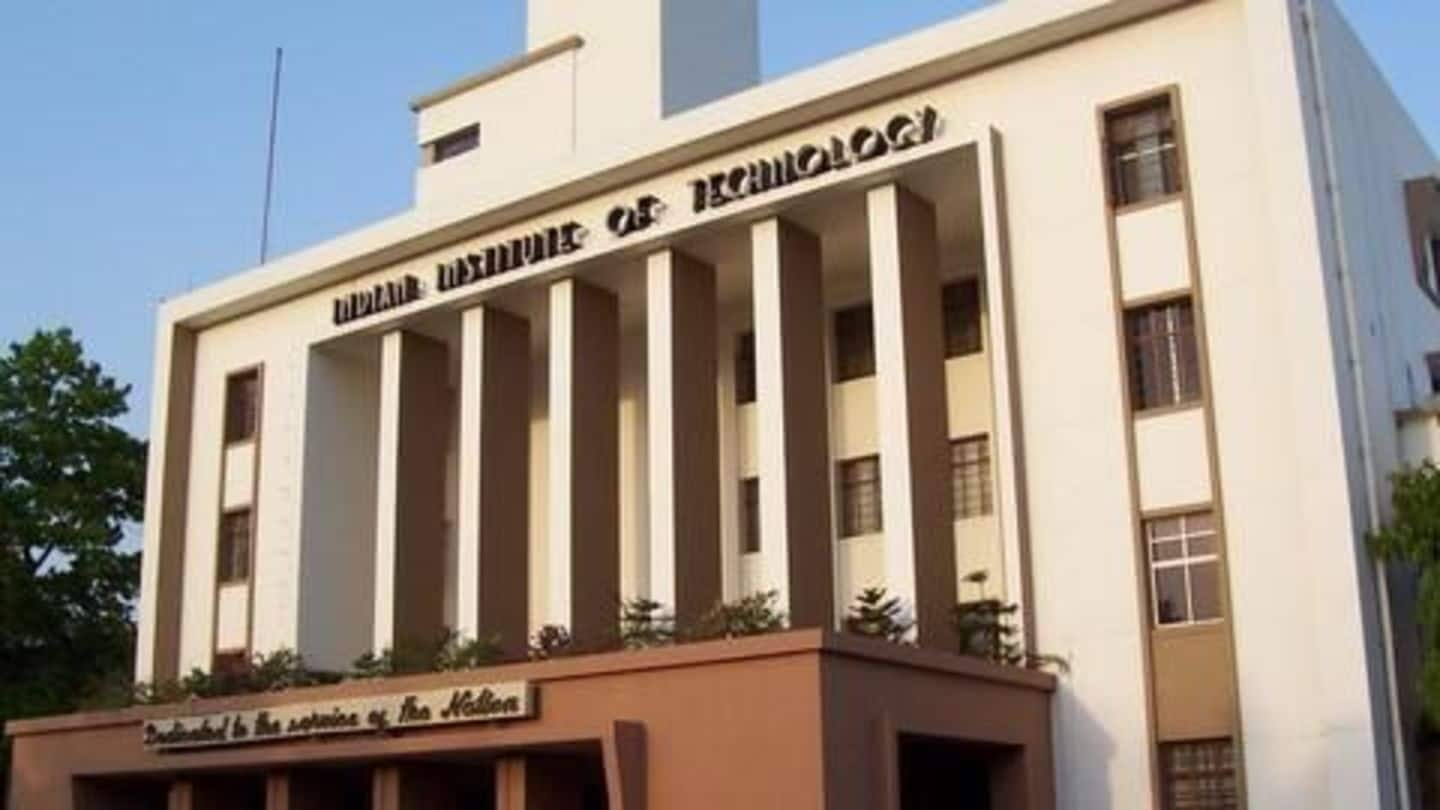
IIT-B hikes fees, but still does not have full autonomy
What's the story
IIT-B has increased fees, ranging from 100-300%, for several categories including hostel, gymkhana, medical expenses and exam charges.
However, tuition fees, which is decided by the IIT Council, remains the same.
The government is considering giving more autonomy to IITs to enable them to decide their fees and more.
But what exactly will autonomy mean for these premier institutes?
Definition
Financial and administrative - the two facets of autonomy
Autonomy, for which IITs have been fighting since years, primarily involves two sides: financial and administrative. While financial would enable them to decide on their fee structures, it would also mean a cut in government funding. In the 2017 budget, Rs. 3,000cr went to IITs.
Status
What is the status of autonomy at the IITs?
The IITs have a relatively low level of autonomy as of now. Presently, the IIT Council, chaired by the HRD Minister and including the institute's board as well as directors, takes decisions on matters like fees.
Appointments of directors are done under the HRD ministry instead of being the board's responsibility.
The IITs also have to abide by the 7th Pay Commission.
Problems
Why was incomplete autonomy a bone of contention?
The HRD is involved in deciding fees, and naturally, in decisions regarding allocation of funds too. There is risk that focus might shift from what is necessary in terms of academics and research, to what is profitable.
Decisions on appointments are tediously lengthy.
Public criticism against government funding of IITs pertain to "waste" of money when IITians choose to go abroad or change fields.
Information
What do IITs want?
IITs are mostly seeking administrative autonomy. On a question on financial autonomy, they said, "If IITs are to become institutes with an international profile, the expenses are likely to increase significantly, and this must come from the government."
Flaws
Is their demand justified considering their dismal performance?
IITs have fared miserably in comparison to their counterparts. In the 2015 list of top engineering schools compiled by the US News and World Report, the first IIT appeared at 103rd.
They didn't even make it to the top-200 in the Times Higher Education ranking 2015-16.
There has been no significant research or innovation that has come from the IITs in recent times.
IITians
Still, alumni have left their mark
IITians have done impressively well. Some of India's most successful ventures (Snapdeal, Flipkart, Ola) have been established by them.
The alumni list also includes names (Raghuram Rajan, Nandan Nilekani and Manohar Parrikar) that have made their mark internationally.
However, less than 2% of ISRO engineers are from IIT-NITs: ironic, considering their purpose is to nurture indigenous talent in science and technology for India's benefit.
Steps
Taking the first step towards financial autonomy
As of 2015, taxpayers were spending Rs. 988.5cr annually on IITians.
However, interest-free loans are available for students with ease; with excellent placement records and high packages, it shouldn't be hard for students to repay.
Tie-ups with foreign institutes and firms for research could also help with funds.
IITs need to work towards more optimum levels of autonomy to achieve their potential.